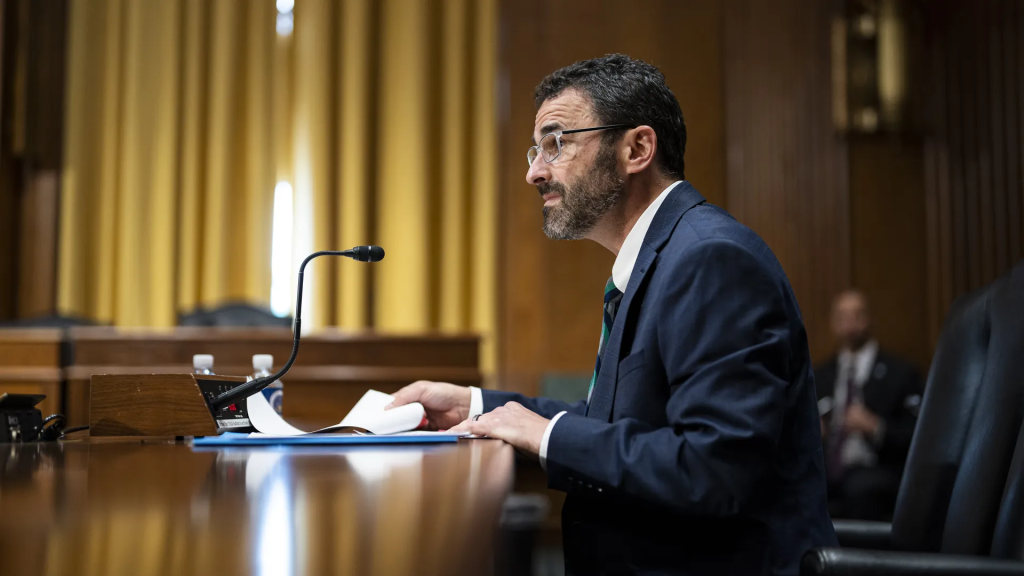Targeting particularly high-net-worth people, partnerships, and big businesses, the Internal Revenue Service (IRS) is preparing to use cutting-edge technology and artificial intelligence (AI) in its pursuit of unpaid taxes. Although this change is anticipated to revolutionize tax compliance, experts warn that it may also present difficulties for the agency.
The IRS recently detailed its plans to step up enforcement, using AI to examine huge partnerships like hedge funds, real estate speculators, and law firms, among others, in order to address historical accusations of low audit rates among wealthy taxpayers.
The IRS has reiterated its commitment not to increase audits for individuals earning less than $400,000 annually, extending safeguards to low and moderate earners claiming the earned income tax credit, who have experienced elevated audit rates. Robert Kovacev, a tax controversy partner at Miller & Chevalier, emphasized the transformative potential of AI in tax compliance. He noted that AI will continually interrogate tax data, reducing the element of chance associated with the current audit system.

Once fully implemented, this enhanced technology is expected to uncover previously undetected higher-end tax issues, subjecting them to increased scrutiny by the IRS. While the change won’t be instantaneous, Kovacev predicted a noticeable rise in audits of large partnerships, businesses, and high-net-worth families within the next three to five years.
However, taxpayers not directly impacted by increased IRS scrutiny are advised by Kovacev to maintain meticulous tax records for at least seven years, ensuring they have a comprehensive paper trail for potential audits.

While the AI-powered approach presents an opportunity to bolster compliance efforts, it also brings risks for the IRS. Mark Everson, a former IRS commissioner, highlighted the pressure on the administration to deliver results, especially with the 2024 presidential election on the horizon and ongoing scrutiny of IRS funding. Striking a balance between effective enforcement and maintaining public trust will be a crucial challenge for the agency, particularly given staffing constraints and potential resistance from the high-income segment.
In conclusion, the IRS’s integration of AI represents a significant step towards more efficient tax compliance and enforcement. However, achieving a delicate balance between increased scrutiny and potential resistance will be pivotal to its success.


